Does Attack on Titan have a true deuteragonist? Dive into an in-depth analysis of key characters and their evolving roles in the story.
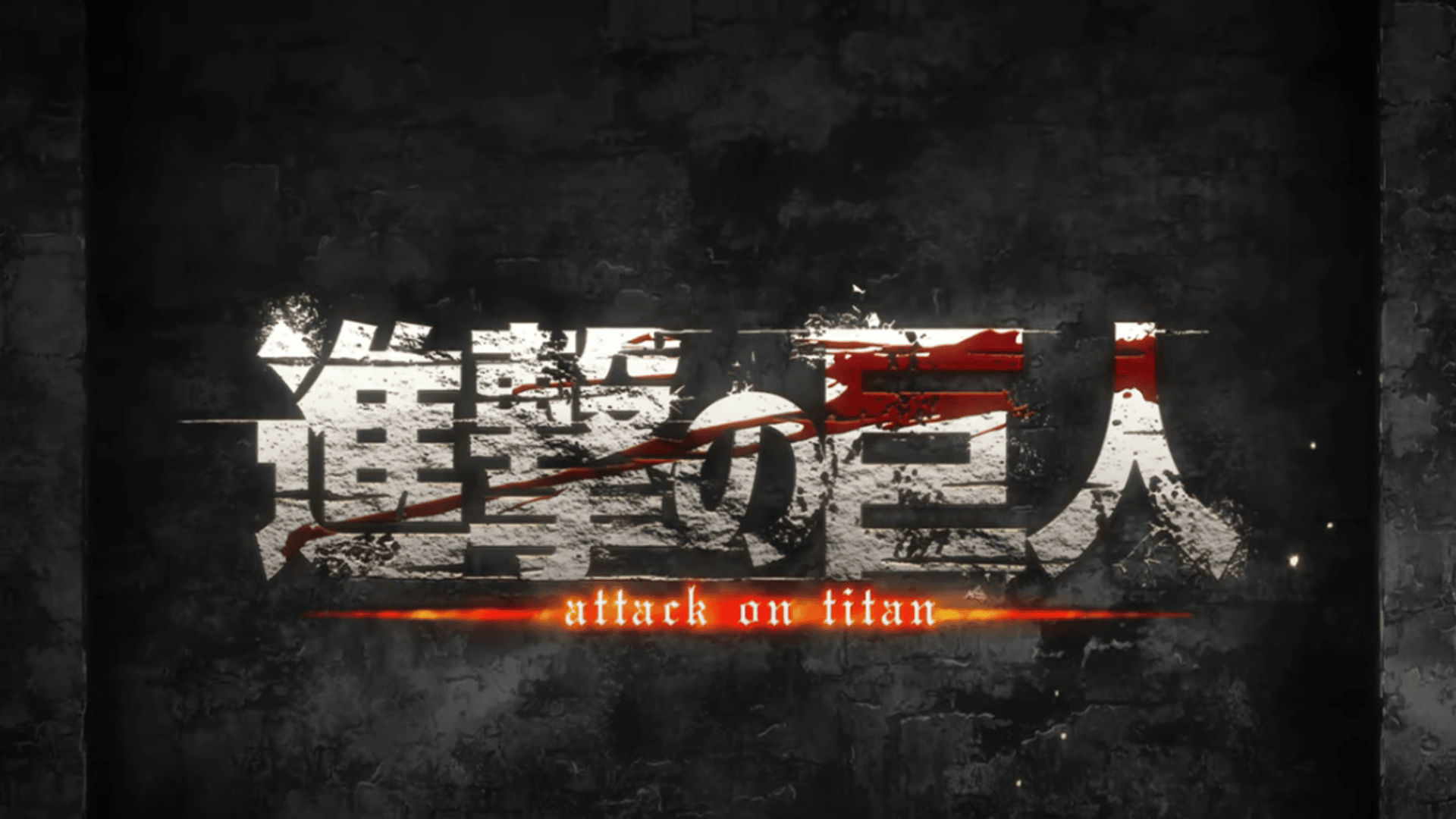
Attack on Titan is credited with having a flashy narrative, a revolutionary view of human frenzy, and realistic world-building. Unlike many anime tend to stick to world conventions, AOT takes a completely different route.
Though yes, Eren Yeager is the protagonist, the debate on whether Attack on Titan also has a deuteragonist is ongoing. Some would say there are a few characters that fit this bill at different times of the story, while others argue the series does not have a true second main character.
A deuteragonist is the second important character in a story, often complementing, contrasting with, or opposing the protagonist. Many characters fit in Attack on Titan during certain points throughout the storyline, but not one specifically fits this role all the time. We must establish whether or not an anime has a valid deuteragonist; thus, we ought to perform an analysis of the major characters in the show against Eren in terms of their relevance for such conclusions.
Mikasa Ackerman: The Closest to a Traditional Deuteragonist
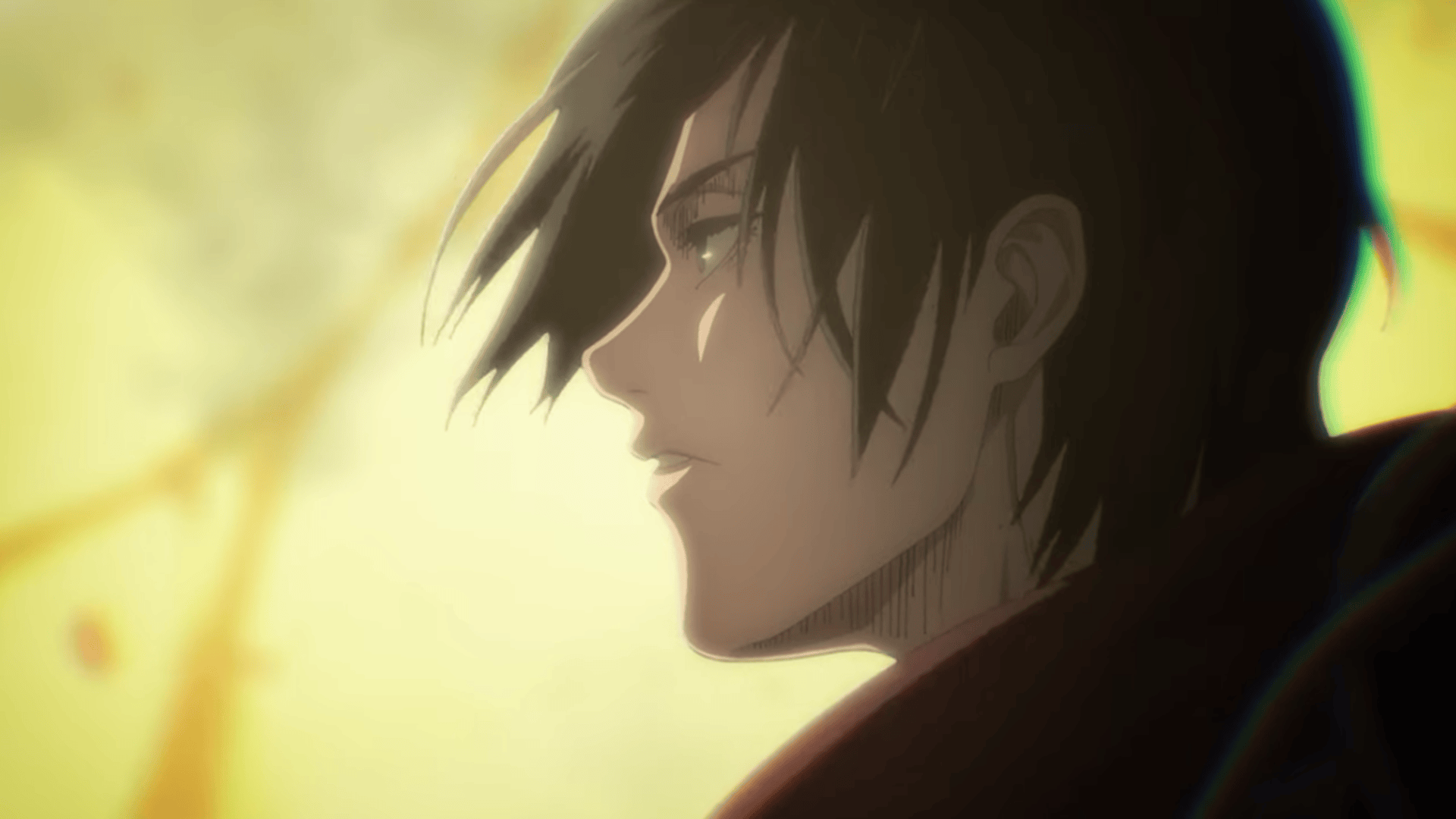
Mikasa is often accredited as the deuteragonist of Attack of Titans primarily because of the really deep bond that she shares with Eren. This girl has always been there for him since childhood, protecting him by sometimes even sacrificing herself for him. She is exceptionally skilled in fights, loyal to her core, and emotionally burdened.
Mikasa’s contribution to the early story
In the beginning, Mikasa is all about her kind of attachment to Eren—keeping him from harm’s way, shouldering a dreadful inflicted childhood trauma and holding a profound sense of obligation. This makes her a relatively entertaining character, as she focuses all of her energy on Eren’s well-being.
Mikasa’s Growth and Independence
Mikasa acts now really independent as the story progresses, approaching her self-realization almost as much as Eren himself in the final arc. Her conflict between her undivided loyalty to her beloved Eren and her ideals of justice becomes one of the most interesting aspects of her character. However, some might argue that this development comes too late for her to truly be called a deuteragonist.
Armin Arlert: The Intellectual Counterpart
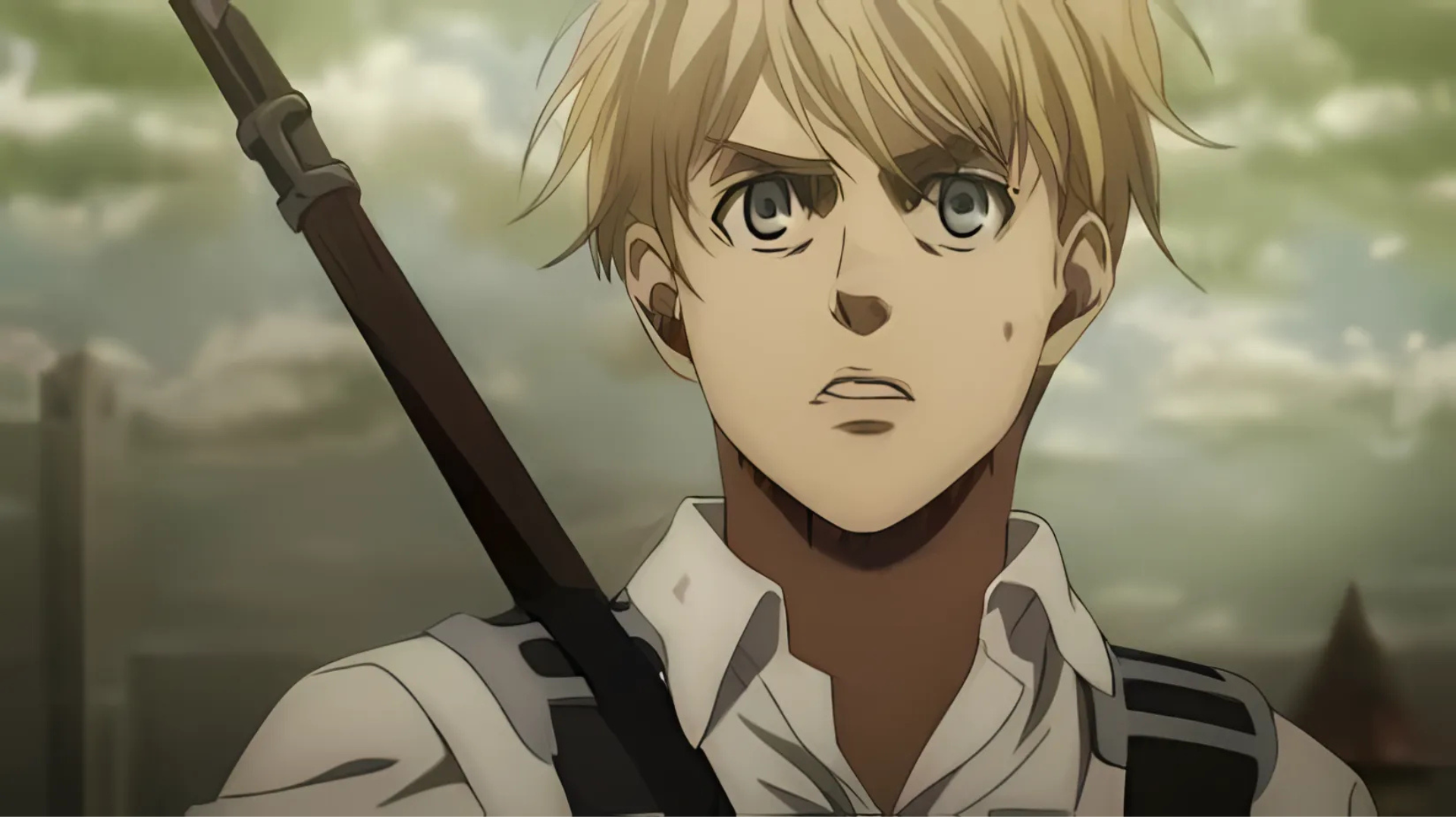
He is another serious contender for the part of deuteragonist. Whereas Mikasa has purely physical capability, Armin’s strength lies in his intelligence and quick thinking. He dramatically influences Eren and the whole story plot during some of the later arcs.
Early Appearance of Armin
Primarily, in that trio, Armin was the mind-brain and a balancing factor in Eren’s reckless behavior with calculated preparations. This character growth is among the most satisfying ones in the series because it transforms a shy boy into a very important strategist among them in order to make a survival plan for the human race.
The Colossal Titan and Leadership Responsibilities
When Armin inherits the Colossal Titan, his role in the story shifts dramatically. He takes on greater leadership responsibilities and frequently acts as the voice of reason. His moral dilemmas and decisions impact the story as much as Eren’s actions, making a strong case for him as Attack on Titan’s deuteragonist.
Reiner Braun: The Unexpected Perspective Shift
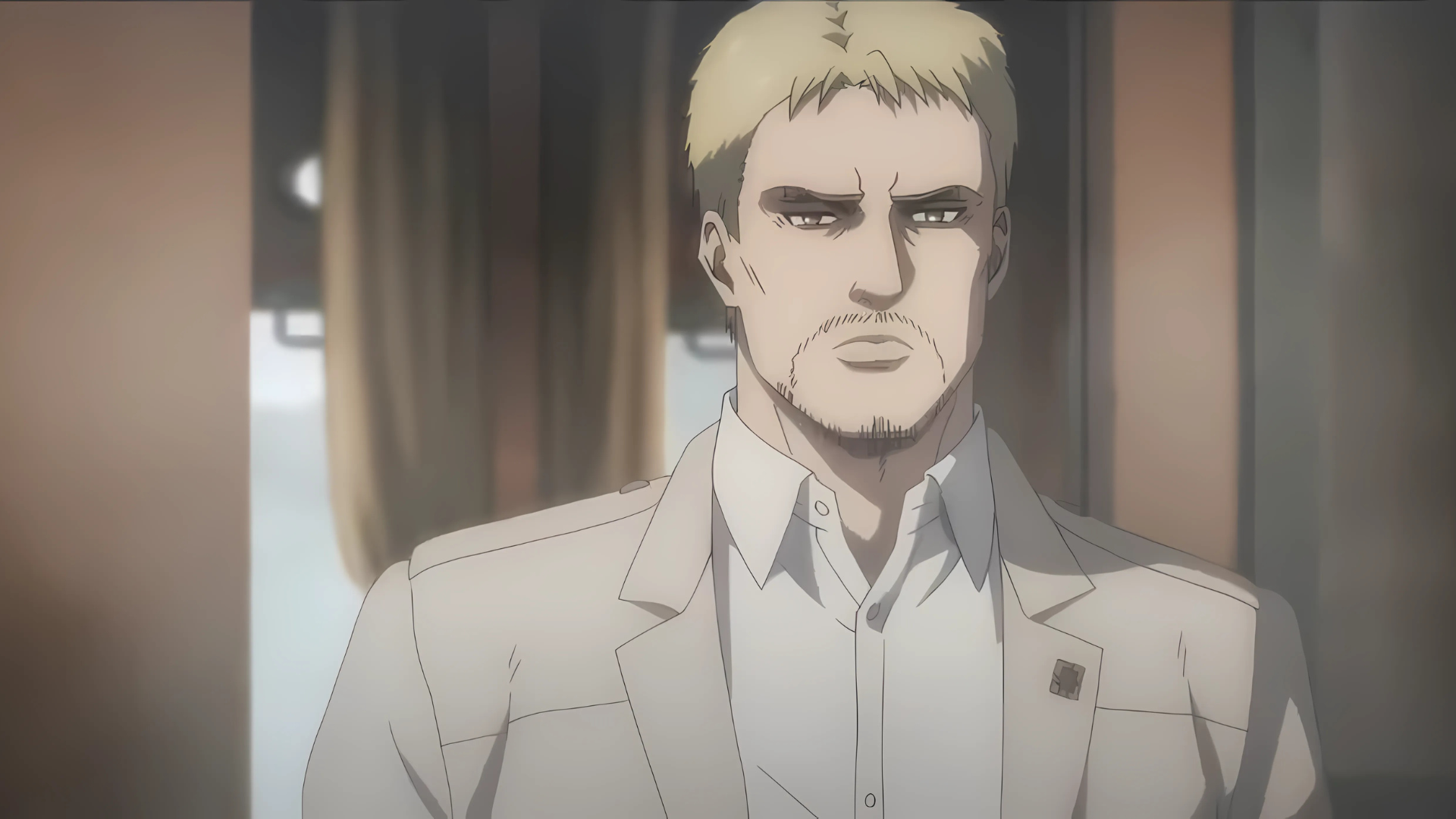
In terms of the character in question, Reiner Braun does add that much more difficulty to the question of deuteragonism. While he begins as Eren’s ally, he later turns out to be one of the de facto major antagonists. The constant internal struggle and change in focus make him one of the more complex characters throughout the series.
Reiner and Eren Side by Side
Reiner stands as a shadowy mirror image of Eren, following a similar path but from the opposite side-the flip, if you will. His guilt, mental breakdowns, and divided loyalties help shed light on the greater conflict, casting himself inside another focal point in the story.
Would Reiner Be Considered A Deuteragonist?
The significance Reiner displays in certain arcs indicates that the storyline is equally potent for him as for Eren. However, he is much more often cast as an antagonist focusing less on his role as a second protagonist; thus, he puts one in a quandary about whether to refer to him as the real deuteragonist.
Levi Ackerman: The Fan-Favorite
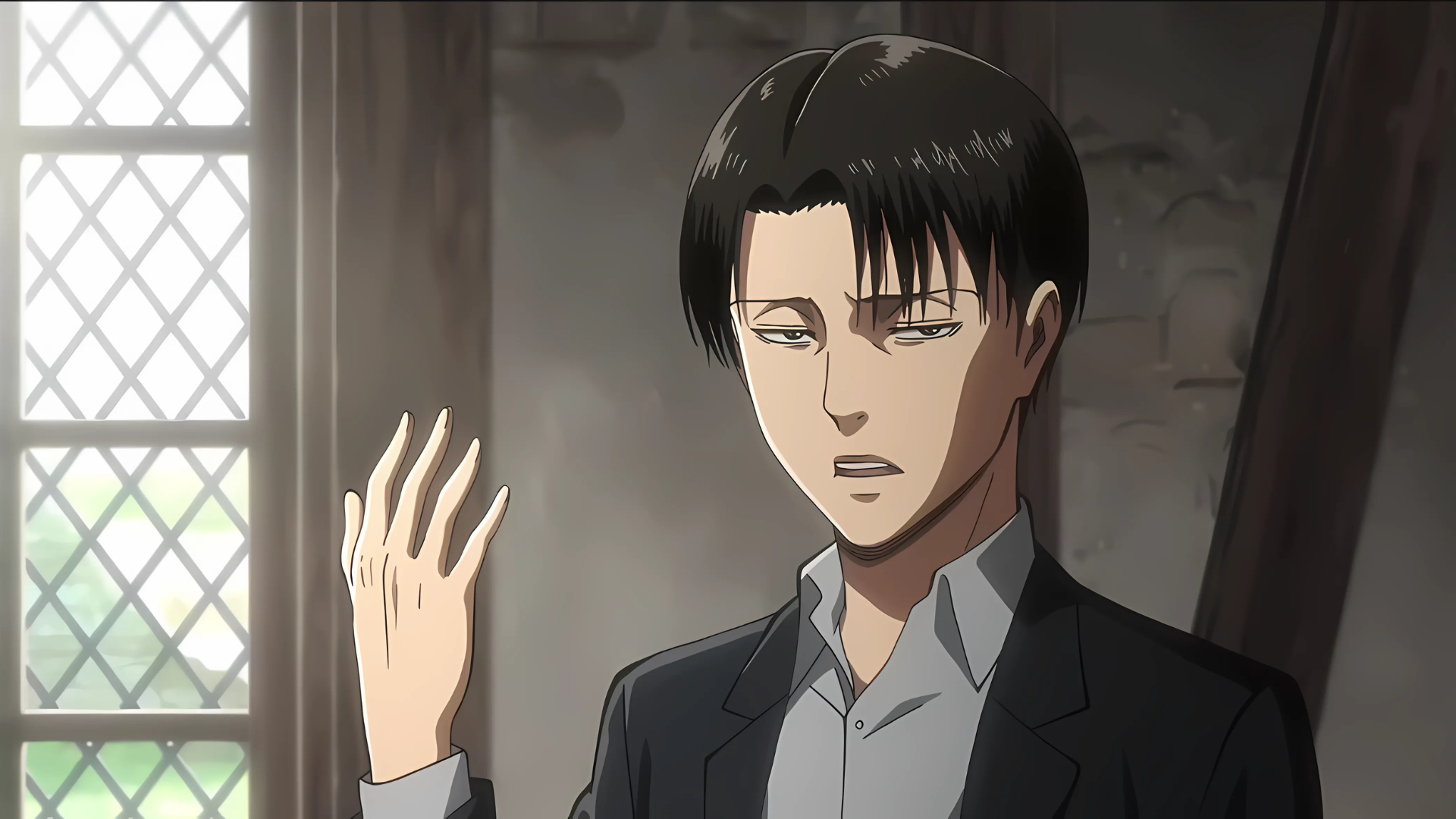
In all honesty, Levi Ackerman has been one of the most cherished characters in Attack on Titan. He is somehow set apart with his inhuman battle skills, his never-fail-to-keep-it-real personality, and also his tragic backstory. He doesn’t stand in the center of the story, but his presence in one way or another becomes a crucial factor in key events.
Levi as a Mentor Figure
Unlike Mikasa and Armin, who sometimes act as Eren’s counterparts, Levi serves more as his mentor. His role as Survey Corps leader and vendetta against Zeke Yeager shape much of the later arcs.
Why Levi Isn’t The Deuteragonist?
Levi is important, but his story does not run parallel to Eren’s. His character arc is strong, yet it remains largely separate from the main protagonist’s journey. This separation prevents him from being the deuteragonist.
Does Attack on Titan Have a True Deuteragonist?
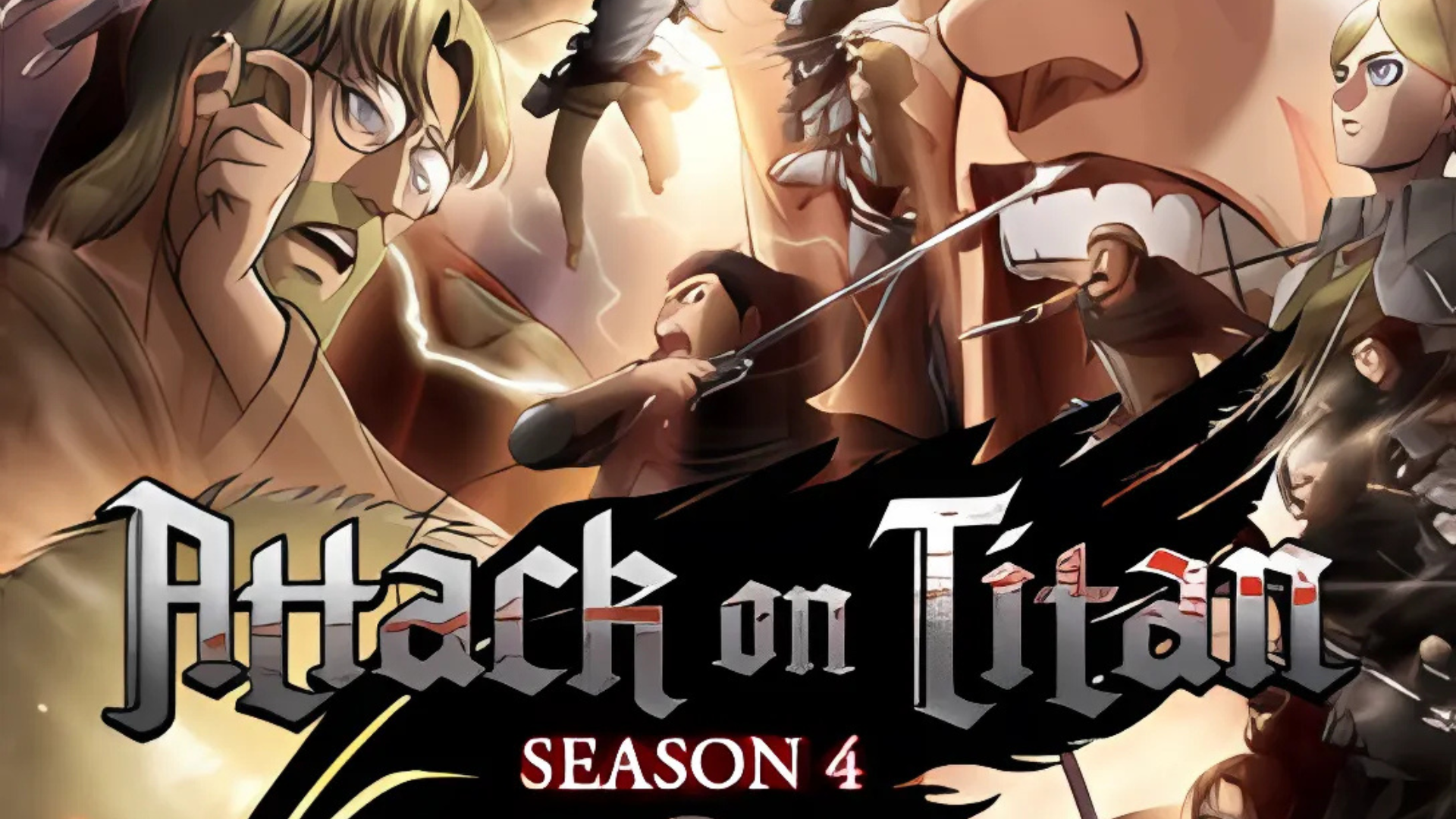
In the end, Attack on Titan has no clear second main character. Different characters take on that role at various points in the series. Mikasa, Armin, Reiner, and even Levi play significant secondary roles. However, none remain the sole deuteragonist throughout the entire story.
The Role of the Deuteragonist
Typically, one character serves as the deuteragonist. In Attack on Titan, this role shifts based on thematic needs. Early on, Mikasa seems like the deuteragonist. By the end, Armin and Reiner take on more significant roles. Yet this dynamism makes it a very different story and hugely difficult to discuss the character roles.
Conclusion
Attack on Titan turns the conventions of storytelling upside down by leaving no clear-cut character roles. Throughout the story, Mikasa, Armin, and Reiner each take turns being the deuteragonist, but none ever truly claim the title for a sustained period. This unique approach keeps the plot alive and keeps us guessing; it has cemented the show’s reputation for subverting expectations.
The question of whether or not Attack on Titan needs a true deuteragonist is a contentious one. Some fans appreciate the shifting perspectives. Others believe a single, consistent secondary lead would have strengthened the story. Regardless, multiple viewpoints add depth, making it one of the most exciting anime ever.
Looking For More?
Thank you for reading the article. We provide the latest news and create guides for Baldur’s Gate 3, Starfield, ARK Survival Ascended, and more. Also, watch Deltia play games on Twitch or visit his YouTube channel!
 Reddit
Reddit
 Email
Email


